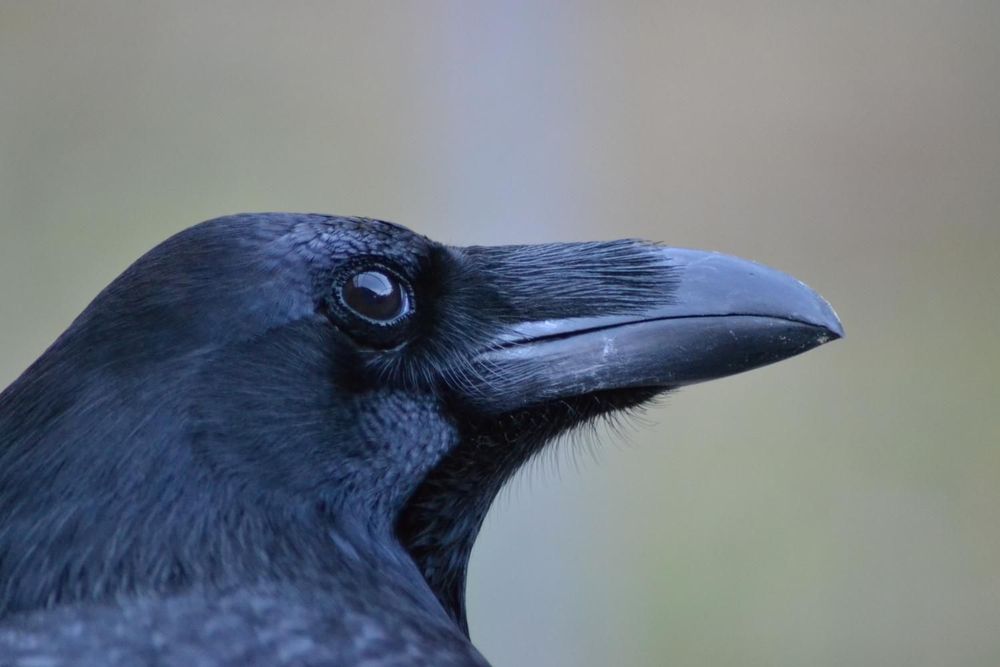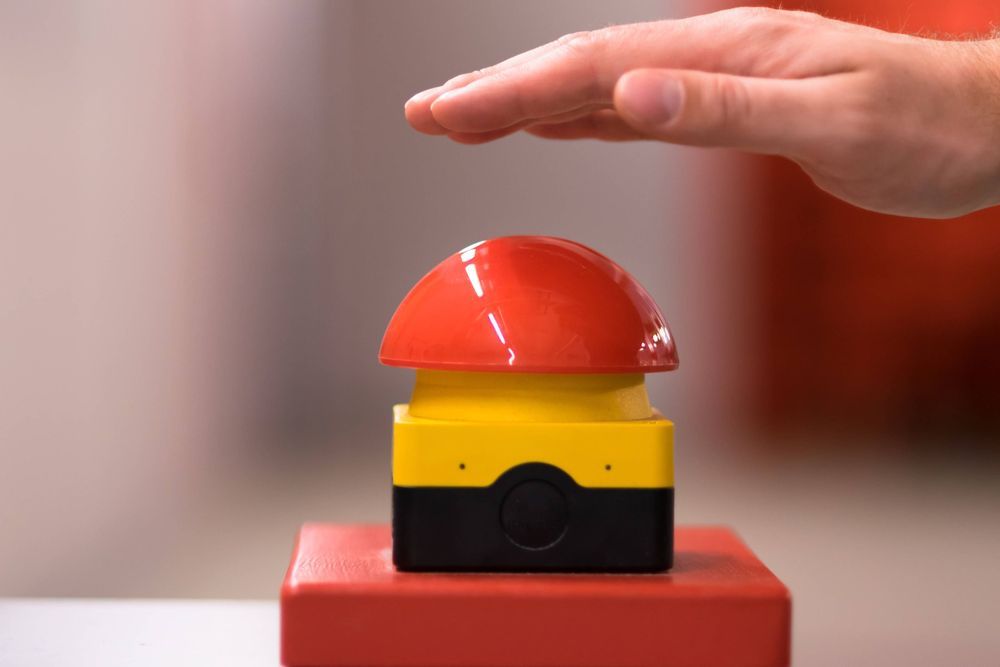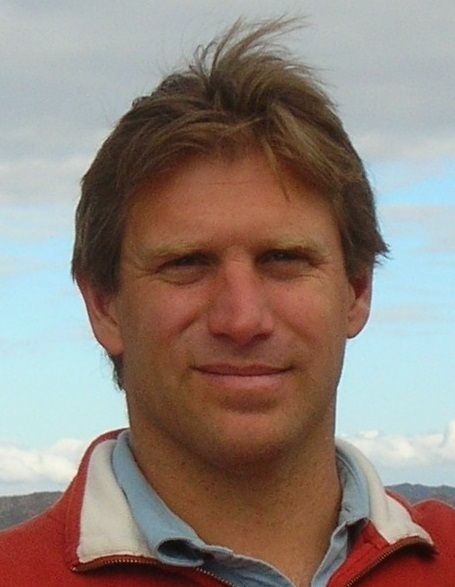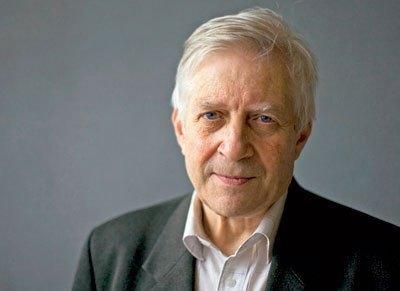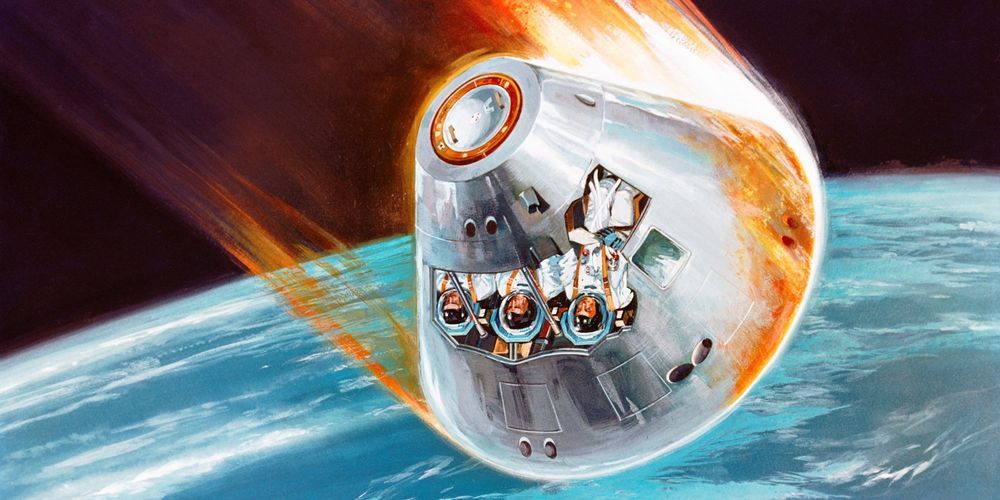Page 7585
Aug 4, 2019
Researchers find birds can theorize about the minds of others, even those they cannot see
Posted by Quinn Sena in category: food
The question of what sets humans apart from other animals is one of the oldest philosophical puzzles. A popular answer is that only humans can understand that others also have minds like their own.
But new research suggests that ravens — birds singled out by many cultures as a symbol of intelligence and wisdom — share at least some of the human ability to think abstractly about other minds, adapting their behavior by attributing their own perceptions to others.
The study, “Ravens Attribute Visual Access to Unseen Competitors,” was published Feb. 2 in Nature Communications. It found that ravens guarded caches of food against discovery in response to the sounds of other ravens if a nearby peephole was open, even if they did not see another bird. They did not show the same concern when the peephole was closed, despite the auditory cues.
Aug 4, 2019
Warning As New Malware Bypasses Network Security Measures To Enable Attacks On PCs
Posted by Genevieve Klien in category: cybercrime/malcode
Another dire warning for Windows users this week, after threat researchers at Proofpoint disclosed” a previously undocumented malware.” This one had a twist, though, this malware was not an attack in itself, it was an enabler, hiding on infected computers, establishing a proxy that other malware can then use to manage traffic to the PC and carry out their threats.
Aug 4, 2019
Why an AI pioneer thinks Watson is a “fraud”
Posted by Genevieve Klien in categories: humor, robotics/AI, transportation
The other gaming was that computers don’t really understand words… So you ask, “Who was the sixteenth president of the United States.”? The computer doesn’t know what “sixteenth” and “president of the United States” mean. But it can go and rummage through Wikipedia-like sources and find those words and match them to a president, Abraham Lincoln and come back with “‘Who’ was Abraham Lincoln.”
But then you put anything in that’s like a pun or a joke or a riddle or sarcasm, that you can’t look up in Wikipedia, and computers are helpless. For example, in the first round, one of the final Jeopardy clues was, “Its largest airport is named for a World War II hero; its second largest for a World War II battle.” And the correct answer was “Chicago.” And Watson guessed “Toronto,” apparently because it was confused in the second part of that sentence, what “it” referred to. And that is a common problem with computers. (See: Why did Watson think Toronto was in the U.S.A.?)
Terry Winograd is a computer scientist at Stanford and he thought up this test of computer knowledge. The question is, “What does ‘it’ refer to in this sentence?”
Aug 4, 2019
Antibiotic found in ocean could help beat superbugs
Posted by Genevieve Klien in categories: biotech/medical, chemistry, military
In the deep of the ocean, where the sun’s rays struggle to penetrate, organisms lurk that could solve the biggest medical crisis facing humanity.
Far below the surface bacteria are engaged in warfare with each other — and to do so they make an antibiotic so strong it can destroy the toughest superbugs in our hospitals.
“But there’s a problem,” Rebecca Goss, a professor of organic chemistry at the University of St Andrews, said. “It disintegrates in sunlight.”
Aug 4, 2019
The Futuresist Cure: Notes from the Front Lines of Transhumanism
Posted by Zoltan Istvan in categories: biotech/medical, computing, mobile phones, transhumanism
On the heels of my latest New York Times OpEd, which is in print today on page 4 of the NYT Sunday Review, I’m excited to share my brand new book: The Futuresist Cure: Notes From the Front Lines of #Transhumanism. It’s a collection of my best essays on the future, many re-adapted, and many which have helped shape our movement. It’s #FREE today on Amazon in #Kindle. Or get the paperback version. There’s a foreword by the late Jacque Fresco. Download the book for FREE today!
Enter your mobile number or email address below and we’ll send you a link to download the free Kindle App. Then you can start reading Kindle books on your smartphone, tablet, or computer — no Kindle device required.
Aug 4, 2019
Franky Zapata successfully crosses the English Channel on a hoverboard
Posted by Dan Kummer in category: transportation
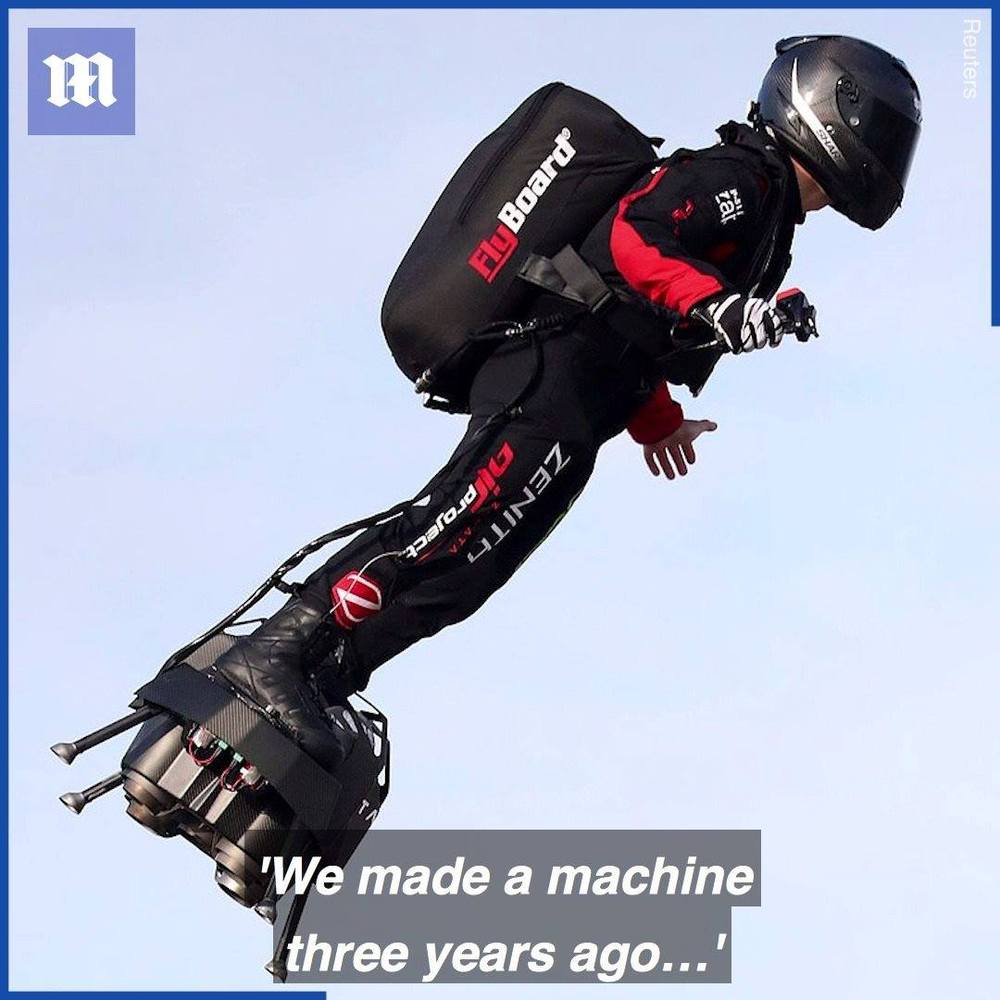
French inventor becomes the first person to successfully cross the English Channel on a hoverboard 👏 👏.
Russian astrophysicist and SETI pioneer Nikolai Kardashev passed away on August 3, 2019. Known for the Kardashev scale of extraterrestrial civilizations, in 1963 he conducted the first Soviet search for extraterrestrial intelligence (SETI) by examining the quasar CTA-102 for signs of a technological civilization. In the following year, Kardashev organized the first Soviet conference on communication with extraterrestrial intelligence (CETI) at Byurakan Observatory in Armenia. Also in 1964, Kardashev proposed a scale that now bears his name, which is used for classifying extraterrestrial civilizations in terms of their energy use. Civilizations ranked on the Kardashev Scale range from Type I civilizations capable of using the energy resources of a single planet, to Type II civilizations that use the full energy of a star, to Type III civilizations that have access to the energy of an entire galaxy.
In 1971, along with other Soviet astronomers and American Carl Sagan, Kardashev organized a Soviet-American conference on CETI, also held at Byurakan Observatory. Kardashev became a corresponding member of the USSR Academy of Sciences in 1976, and in 1994 he became a full member of the Russian Academy of Sciences. A decade later, he was awarded the Demidov Prize for his work in astrophysics.
Aug 4, 2019
‘We could have lost the Apollo 11 crew:’ A once-classified anomaly nearly killed NASA’s first moon astronauts, a new book reveals
Posted by Alberto Lao in category: space travel
A new book about the Apollo program, “Eight Years to the Moon,” suggests that a rogue space module nearly crashed into an astronaut space capsule.
Aug 4, 2019
SpaceX tried to launch a Mars spaceship prototype on its first big flight, but the test abruptly ended after ignition
Posted by Alberto Lao in category: space travel
Wednesday’s experimental launch was supposed to show the first true flight of the Starhopper, but a spout of flame started coming out of its top.

